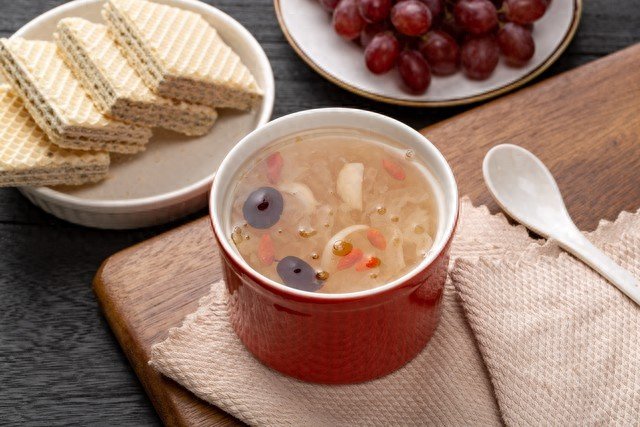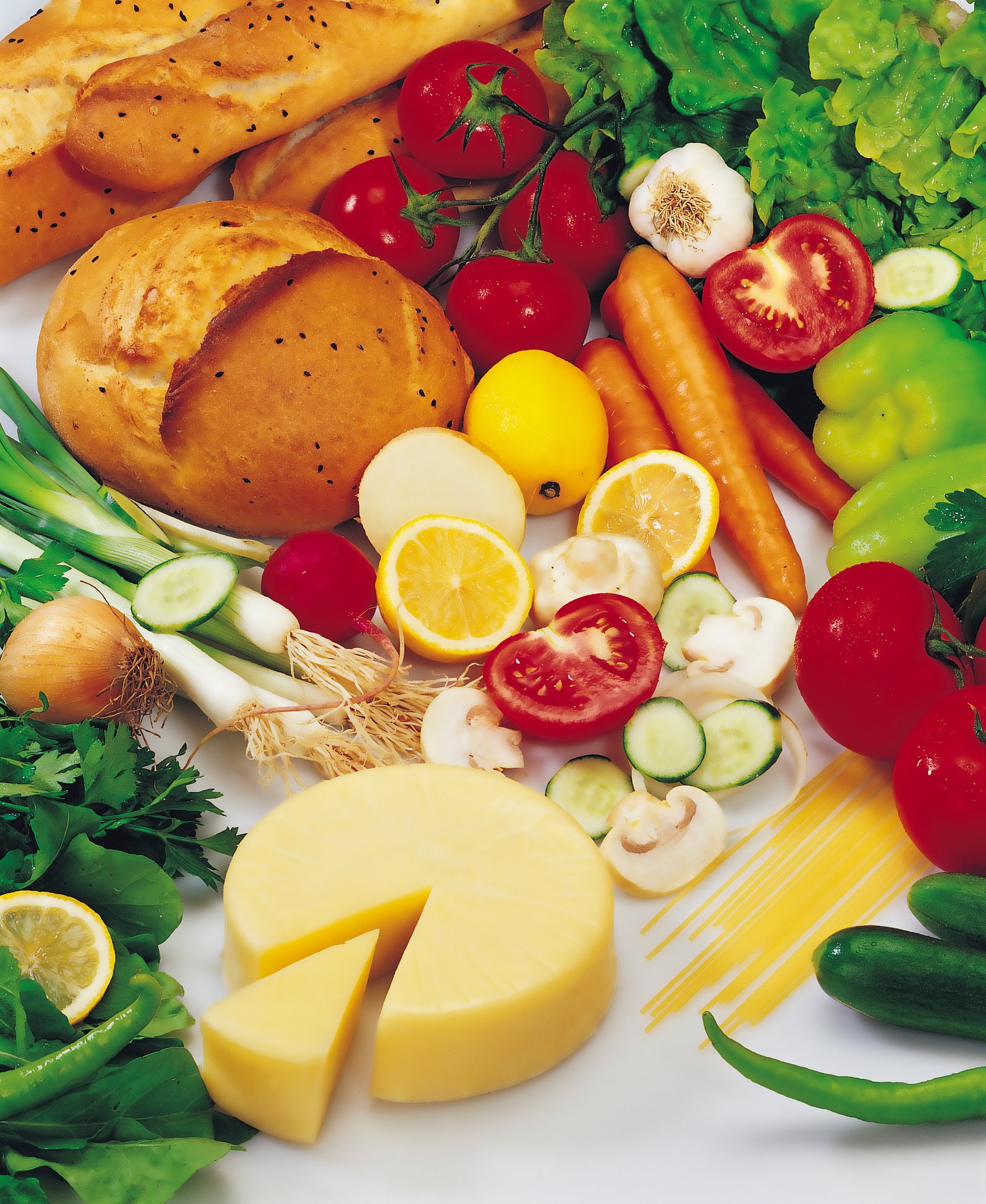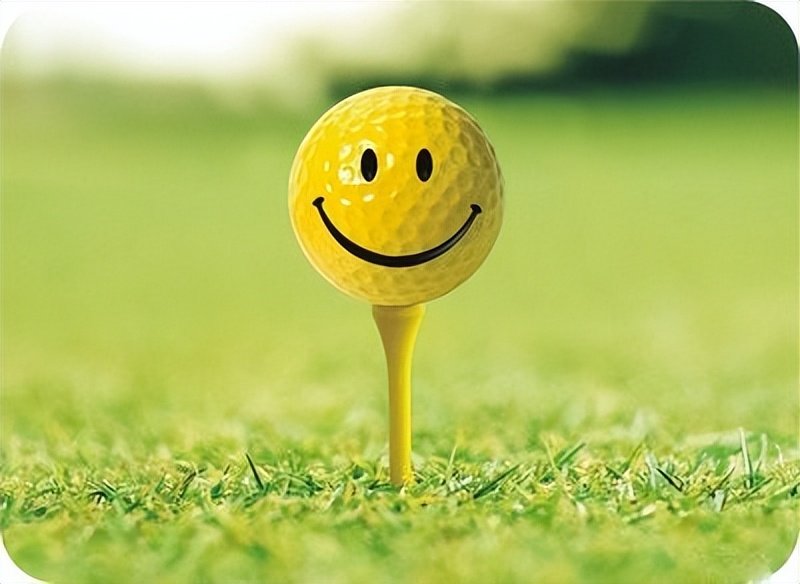1️⃣ Sunlight – The Best Way to Boost Calcium Absorption
While sunshine doesn’t directly provide calcium, it helps the body synthesize vitamin D, which in turn enhances calcium absorption.
In summer, when UV rays are strong, spending about 30 minutes outside in the shade is enough.
In winter, choose a mild, sunny day and expose your face and hands to sunlight for around 30 minutes to reap the benefits.

2️⃣ Exercise – The Best Way to Prevent Cancer
A Harvard University study found that exercising for one hour daily is linked to a lower risk of seven types of cancer.
This refers to moderate-intensity activity such as walking or biking at a normal pace.
If you’re doing high-intensity activities like running, swimming, or playing sports, about 30 minutes a day will suffice.

3️⃣ Laughter – The Best Natural Tonic
Smiling and laughter have significant health benefits.
People who laugh regularly often feel lighter, have better blood circulation, and experience improved physical and mental relaxation.
Laughing also stimulates lung expansion, excites chest muscles, lifts the diaphragm, and deepens breathing.
What’s more, the joy you feel when laughing helps your brain produce dopamine, promoting both mental and physical relaxation.

4️⃣ Warm Water – The Healthiest Beverage
Studies show that people who drink plain warm or boiled water regularly consume less sugar and fewer calories overall.
In contrast, those who drink more sugary beverages consume more empty calories and often less fiber.
Clearly, drinking water is a better choice for long-term health.

5️⃣ Early Sleep – The Best Medicine for the Body
Traditional Chinese medicine says: “Staying up late hurts the liver and heart.”
Indeed, the damage from frequently staying up late goes far beyond just tiredness. Having a consistent sleep schedule is one of the best forms of nourishment for your body.
Ideally, try to go to bed between 10:00–11:00 p.m. in summer, and wake up around 5:30–6:30 a.m. for optimal rest and rejuvenation.

6️⃣ Less Salt – The Simplest Way to Lower Blood Pressure
A high intake of salt and sodium can significantly increase the risk of hypertension and cardiovascular diseases.
Reducing salt intake is one of the easiest and most effective ways to keep blood pressure in check.
For people with high blood pressure, it’s recommended to limit daily salt consumption to less than 6 grams.

7️⃣ Eating 70% Full at Dinner – Best for Digestive Health
The body uses less energy in the evening, so eating too much for dinner overburdens the stomach and intestines, which can negatively affect sleep.
The healthiest habit? Eat just enough to feel about 70% full—satisfied, but not stuffed.

✅ In short:
These seven powerful health tips are easy, practical, and cost nothing at all.
Start applying them to your daily routine, and your body will thank you — now and in the future.






